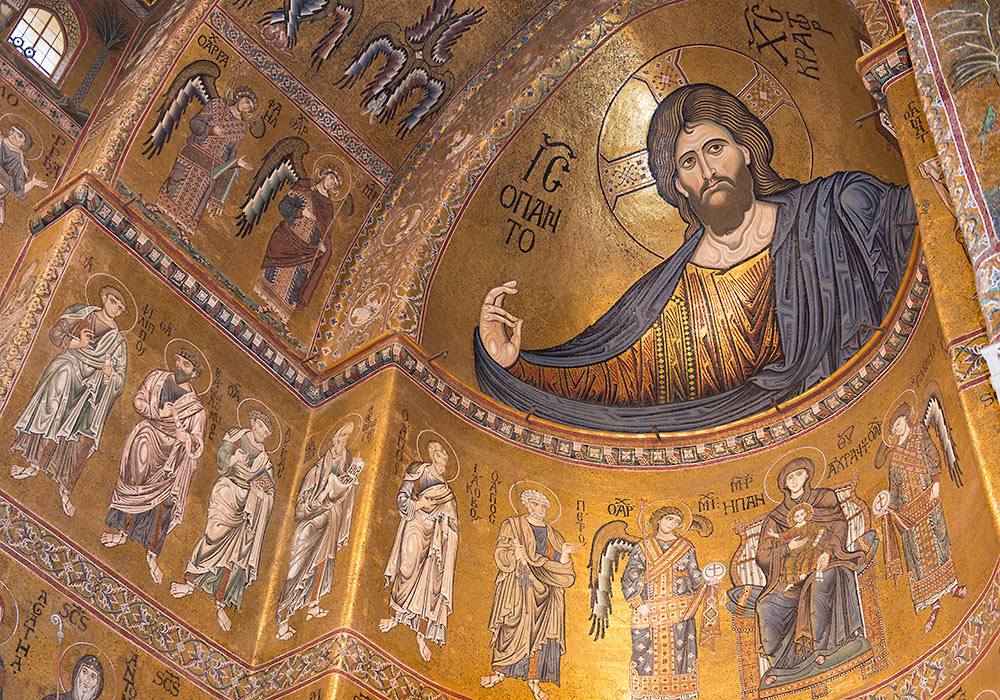Last edited by dogukan; July 25, 2017 at 02:01 PM.
"Therefore I am not in favour of raising any dogmatic banner. On the contrary, we must try to help the dogmatists to clarify their propositions for themselves. Thus, communism, in particular, is a dogmatic abstraction; in which connection, however, I am not thinking of some imaginary and possible communism, but actually existing communism as taught by Cabet, Dézamy, Weitling, etc. This communism is itself only a special expression of the humanistic principle, an expression which is still infected by its antithesis – the private system. Hence the abolition of private property and communism are by no means identical, and it is not accidental but inevitable that communism has seen other socialist doctrines – such as those of Fourier, Proudhon, etc. – arising to confront it because it is itself only a special, one-sided realisation of the socialist principle."
Marx to A.Ruge
Actual romans themselves would laugh at your suggestions.









 Reply With Quote
Reply With Quote


























